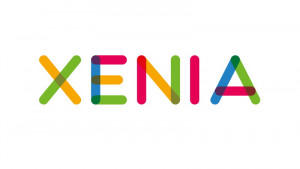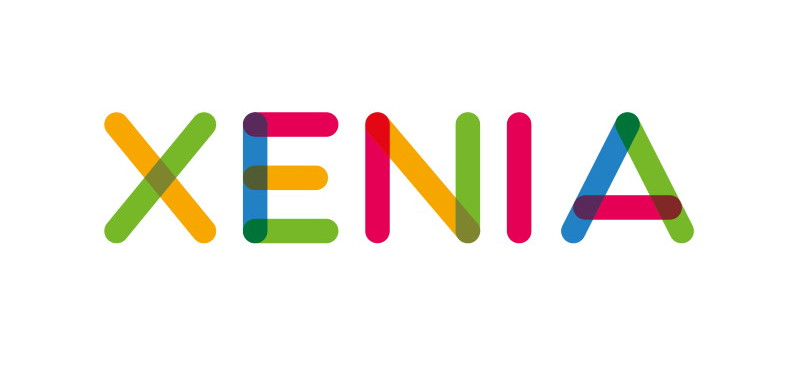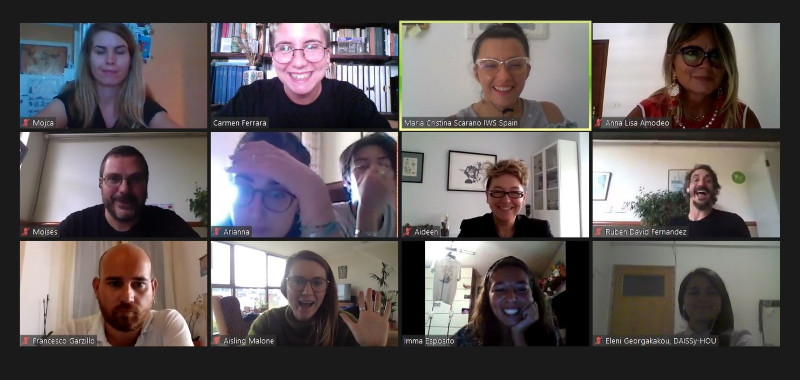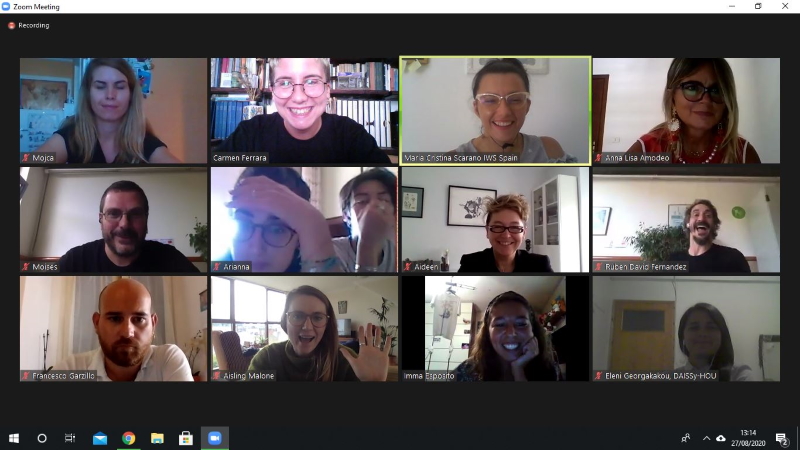 Since 2004, on 17 May this year, 130 countries worldwide celebrated the International Day against Lesbian, Gay and Bisexual Transphobia, 31 years after the World Health Organisation removed homosexuality from the category of mental illness.
Since 2004, on 17 May this year, 130 countries worldwide celebrated the International Day against Lesbian, Gay and Bisexual Transphobia, 31 years after the World Health Organisation removed homosexuality from the category of mental illness.
Despite this, lesbian, gay and bisexual people are still criminalised in many countries for their sexual behaviour, with penalties ranging from fines to imprisonment and even the death penalty. Transgender people suffer much institutional violence, being denied their identities. In many countries, the process of affirming gender identity (when provided for) is extremely complicated, bureaucratic and full of obstacles. Moreover, the trans condition was only depathologised in the lat DSM (Diagnostic Manual of Mental Illnesses).
It should also be considered that, beyond the structural stigma against LGBTI people, there are often additional factors of oppression linked to nationality, skin colour, disability, poverty and level of education.
In the framework of the XENIA project, the consortium intends to measure the “inclusiveness” of European Universities, with the awareness that, especially in many disadvantaged areas, the school drop-out rate of no-Cisgender students is still very high.
On an institutional level, Italy is currently awaiting the approval of a law to fight lesbian-homose-bi-transphobia, misogyny and ableism, which recognises a very important role for schools.
It is from the new generations that we must start!
XENIA Erasmus+ Project is implemented by a Consortium of 7 Partners from 5 European countries (Italy, Ireland, Slovenia, Greece and Spain). Xenia will develop an innovative and integrated tool that will support European higher education institutions -HEIs- in evaluating the actual level of inclusiveness of their environment and in identifying any efforts that can be placed to best address the needs of sexual and gender marginalized groups and ensure the protection of their fundamental rights and academicopportunities.




